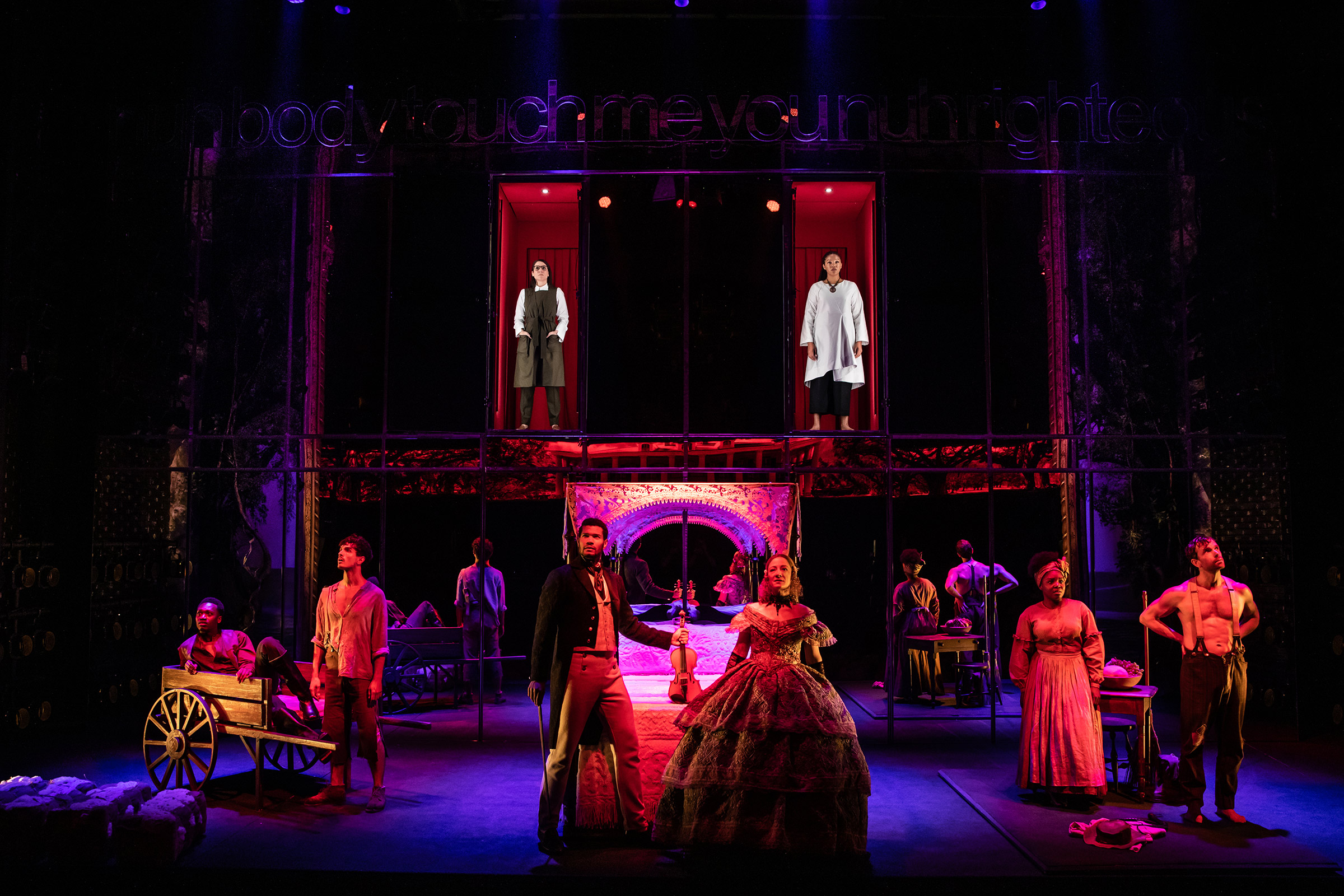CHARACTER STUDY IN DRAMA-PORTRAYING CHARECTERS

CHARACTER STUDY IN DRAMA-PORTRAYING CHARECTERS- In case of a drama, one of the most important element is character. The character may be entirely fictional or based on a reality. Have you ever taken a drama class, acted in a school play, or danced in a recital? If so, you’ve already participated in the dramatic arts. To be able to portray the character truthfully on stage, it is important to first analyze and understand the character properly.
CHARACTER STUDY IN DRAMA-PORTRAYING CHARECTERS: TYPES OF CHARACTER IN PLAY
The two main types of character that we find in drama are
• Stereotyped Character – Scripts usually provide very little information about this type of character, apart from the one or two highlighted characteristics that define the character. It is important to remember that the characters are stereotyped by others and not by themselves. An evil character, for example, doesn’t himself believe that he is evil.
• A rounded/arched character – During the period of realism in theatre, it was important to create characters who can be perceived by the audience as a person in ” flesh and blood”. Thus came the rounded characters. For rounded characters, there will always be information about the character’s history, personality trait, values, status and relationship with the other characters of the play. There is a four-level plan to understand and analyZe a rounded character properly.
LEVELS OF CHARACTER ANALYSIS :
CHARACTER STUDY IN DRAMA-PORTRAYING CHARECTERS
. To attain the thorough understanding of character, the actor has to do a proper character analysis and In order to do that, the actor needs to “get into the skin of the character” There are four levels to attain this:
• Physical ( first) Level – The text gives an indication of the age, gender and physical appearance of the character. If a character has a disability or a specific mannerism, it is also clearly stated in the play.
• Psychological (second )Level – This is a very important level of analysis. How a person needs to act on stage while portraying a character is largely dependent on this understanding. You have to look at the goals of your character, while analyzing its psyche.
• Social ( Third) Level – It is important to know the status of a character in the play. A character’s status can be high, low or something in between. Status can also change. It is also extremely important to explore the relationship of a character with other characters in the play. This equation can remain the same or can change as the play proceeds.
• Moral ( fourth) Level – This is where you will explore the personality, values and beliefs of your character. This is usually revealed by the text. For a better understanding, you can always approach the director.





[…] https://kolahal.org/2020/12/05/character-study-in-drama-portraying-charecters-truthfully-on-stage/ […]
I don’t even understand how to arouse a man Iended up right here, but I thought this post used to begood. I do not realize who you’re however definitely you’re going to a well-known blogger should you aren’talready. Cheers!